Electrolytes – Beyond the Conventional “Sports Drink”
Orthopaedics, Sports Medicine
Pediatric Orthopaedics
Team Physician, Angels City FC

In the realm of sports nutrition today, there is no shortage of products that are aimed at helping athletes and active people stay at the top of their game. As most people hopefully know, proper hydration is a crucial element in the sports nutrition equation. While hydration with water is important, when we workout and sweat, we lose more than just water.
The other part of that equation is something called electrolytes. Electrolytes are essential salt compounds in our bodies that help regulate impulses from our nerves, and the flow of water in and out of cells. If we overhydrate on just water alone, we can drown out and minimize the concentration of electrolytes in our body, which can be dangerous.
Though these processes may not seem critical on their surface, our cells would wither and die or explode from fullness without the right electrolyte balance. And those nerve impulses? Well, they’re responsible for keeping our hearts beating and lungs breathing, among other things. So, while it’s true that electrolytes are essential for everybody, athletes must pay particular attention to replenishing them because we lose electrolytes as we exercise, through sweat.
When it comes to replacing the body’s storage of electrolytes, there are plenty of sports drinks, potions, and powders on the market today that claim to do just that. But not all of them are created equal. To help you decide which electrolyte replenisher is right for you, we’ve ranked them below in order of those which get the job done on boosting electrolytes, without including too much more of what you don’t necessarily need – especially added sugars.
Coconut water – Coconut water is a refreshing alternative to conventional sports drinks as it is lower in sugar and calories, but contains electrolytes such as potassium, magnesium, and sodium. As with all electrolyte drinks, however, be sure to read ingredient labels. Beware of added sugars in flavored coconut water varieties.
Pickle juice – While it might sound gross, pickle juice can be a great “quick shot” of electrolytes if you have been working out hard in the heat and need an electrolyte jolt, but don’t have any other option on hand. Pickle juice is high in sodium and some potassium, and likely won’t contain the sugar you don’t need.
Electrolyte-infused waters or Electrolyte tablets – They can provide a low-calorie and low-sugar alternative to higher calorie and higher sugar content drinks like juices or traditional sports drinks. However, be sure to read the labels as many marketed electrolyte drinks will throw in added sugars for carbohydrate rehydration, just like they do in sports drinks.
Pedialyte – Pedialyte is a common fluid hydration source used in medicine to fight dehydration from illness and is often associated with children. But it works just as well for adults and will provide hydration and electrolytes, with more sodium and less sugar than seen in sports drinks.
Homemade electrolyte drinks – It is possible to create an electrolyte concoction without needing to buy something from the store or drinking lots of added sugar. Feel free to mix in water (regular or coconut), fruit juices, ginger, lemon, and sea salt. Electrolyte tablets or powders can be included for additional benefit.
Smoothies – Smoothies are a good post-workout electrolyte replenishment source, drawing nutrition from fruits, vegetables, dairy, and nuts. However, they are heavy and filling, making them difficult to take in during an intense workout session.
Fruit juices – Depending on the type of fruit juice, there are varying degrees of electrolyte benefits from different fruit sources. For example, watermelon juice is a good source of magnesium and potassium and the amino acid L-citrulline. Orange juice and tart cherry juice can provide good sources of potassium, magnesium, and phosphorus. However, most are low in sodium for electrolyte replenishment and high in sugar content, so it is essential to consider this when thinking about your replenishment needs.
Sports drinks – Along with replenishing electrolytes and hydrating with fluids, sports drinks are meant to replenish carbohydrates quickly. They do this in the form of added sugars for quick absorption. This type of nutrient depletion generally only occurs with high-intensity exercise that lasts for an hour or more. So, if you’re exercising less intensely than this, sports drinks may be considered unhealthier sources of electrolyte replenishment.
A few words of caution regarding electrolyte imbalance – it is real and can be a medical emergency. This condition’s symptoms include fever, shortness of breath, confusion, swelling, and rapid or irregular heartbeat, to name a few. With a strong focus on adequate hydration and electrolyte replenishment, the good news is that electrolyte imbalance can be avoided.
Sources:








